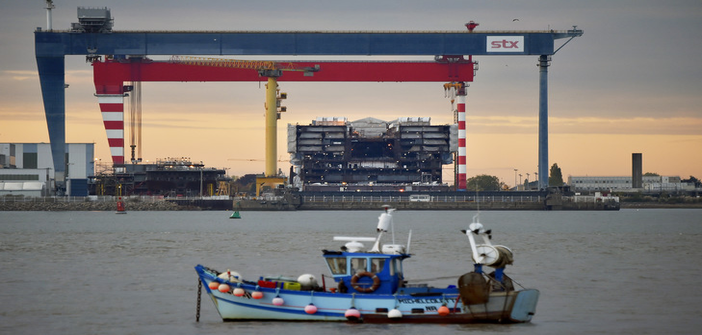On July 28, the government of Edouard Philippe decided to temporarily nationalize the company STX France, formerly known as the Chantiers de l’Atlantique in Saint-Nazaire.
This issue illustrates the reasons why Europe struggles to succeed industrially.
This particular case is a good example of the difficulties that have prevented the emergence of truly European industrial champions with a global reach since 1957 and the Treaty of Rome.
European integration has indeed roughly coincided with the globalization of the economy and the liberalization of financial and trade flows that accompanied it.
In contrast to the construction of the domestic market in the United States of America, which took place in a world where each state protected its borders with high tariffs and closely controlled capital flows.
In the context of globalization, for a former national champion of a European country, it is indeed much easier to merge with a non-European company—initially American, often, and today Asian—than with another European company: competition is always stronger, a priori, with the latter in terms of products, markets, and production sites, hence jobs.
And this is even more so because the European Commission, whose major function is to uphold “free and undistorted competition” within the Union, has long considered that such mergers between European companies would result in forming giants that would enjoy a “dominant position” in the common or single market.
The result of this almost complete lack of intra-European consolidation is that, ultimately, Airbus for aircraft—and even that at the expense of very strong internal tensions between the French and Germans—and Arianespace in the space sector remain very political exceptions that prove the rule.
And this is one of the main reasons why, despite the considerable size of our market, European companies lag behind American, Japanese, and now also Chinese firms in so many areas…
Could we, despite this handicap, still implement the essential European industrial policy to maintain or most often regain control of key technologies of the future?
This necessarily involves a difficult confrontation with national self-interests…
by Bancor


